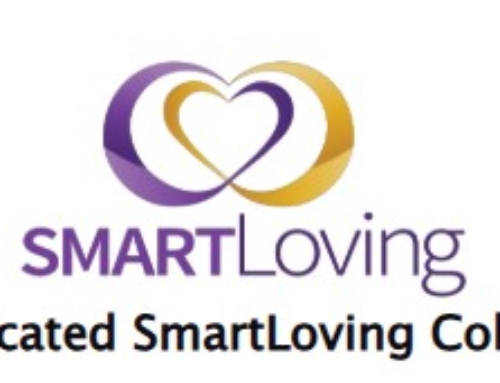When I worked in marriage and family ministry in one of Australia's largest metropolitan Archdioceses, the most frequent request we received was for help to find a Catholic psychologist or marriage counsellor. In a diocese that had as many resources as we appeared to have, why did we so often get the same request? And why is it getting harder? There are a couple of reasons.
While most Australian dioceses have a welfare agency, CatholicCare or something similar, the government funding agreements on which they depend limit their capacity to be explicitly "Catholic" in both who they employ and how they operate. In addition, the professional associations for Psychiatrists, Psychologists, Social Workers and Counsellors place (varying) limitations on their members. Taking an explicit stand on religious matters (especially related to marriage, sexuality and human life) would mean many mental health professionals would risk being disciplined with the prospect of losing their professional registration if religious beliefs were brought into therapy. While it is true that religious beliefs can and have been used to manipulate people in unethical ways, the profession seems to have over-corrected in the opposite direction.
This is one facet of Australia's more overtly secular culture that makes it different from somewhere like the USA where under state-by-state regulation (as opposed to Australia's uniform national accreditation) faith-based mental health practitioners do not always face the same degree of professional risk. Some American states are restrictive. Others openly accept faith-based practitioners.
So in Australia, the increasingly secular (verging on anti-faith) regulation of mental health creates a problem for someone looking for a therapist they can trust to respect their deeply held beliefs. As any credible therapist will tell you, nothing therapeutically beneficial can happen without the client having confidence in the therapist. Research indicates that the client's confidence in their therapist, and their trust that the therapist can help them find healing, is more influential in outcomes than the skill of the therapist or the mode of therapy used. The skill of the therapist certainly matters (and a therapist does not become skilful simply by virtue of being Catholic or Christian), but many clients need the reassurance that their faith is not going to be turned into a problem.
So how and where do we find a Catholic or Christian therapist? Are they even out there?
They are, and here are a few things you can do in trying to find one.
- Ask a few people you can trust. Discretely ask a friend whose judgement you respect. If you're uncomfortable saying it's for you, you can say that you are enquiring on behalf of someone else. Similarly, a trusted priest can also be a good person to ask.
- Research your short list. Most therapist's websites will say something about their approach. While it's not 100% reliable, those who speak about integrating spirituality will often integrate faith in their work. If they are in a shared practice, what they say may be less explicit, but look carefully and read between the lines.
- Interview your therapist. If they offer it (and many do) speak with therapist directly before you make a booking. Ask them about how they work and the philosophy that underpins their practice. If your faith is important to you, be up front and ask how, if at all, faith informs their practice. Ask how they would incorporate your religious values if you worked with them.
- Set therapy goals. Be as clear as you can about what you need help with. Don't confuse faith and professional expertise. You need to be sure the therapist can help with your specific concern. Most mental health practitioners tend to specialise. For example, not everyone works with children, some specialise in treating trauma and abuse, others in addiction, others are specifically trained to work with couples or families. It is unlikely you would find someone truly competent in everything. If you or the therapist think that you may not suit one another, ask them if they can suggest someone who would be able to help. Most therapists will make an effort to give you some suggestions.
- Probation period. If you book a session, treat the first one or two appointments like an interview. As already noted, you need to feel comfortable and trust the therapist. Sharing your faith is not the only thing you need to consider. Does their approach seem to sit comfortably with you? Do they give you confidence that they can help?
- Online options. Are you open to working online? While many people prefer to work face to face, some therapists are comfortable seeing clients this way. If you are prepared to work online, the virtual environment dramatically increases the range of therapists available, and especially if you are not living in a large city, this can be a helpful option.
- Good enough mindset. The perfect therapist is like the perfect person – there aren't any. Don't expect perfection. Work out what might be "good enough" and don't avoid dealing with things that trouble you because you can't find the perfect psychologist or counsellor.
If you'd like to learn more about how to make the most out of counselling and therapy beyond just finding a reliable therapist, download the easy-to-read resource What Every Catholic Should Know Before Starting Therapy. It is a free online resource from CatholicTherapist.com in the USA.
Author: Matthew MacDonald is a Counsellor and Psychotherapist in Private Practice in Melbourne, Australia. He has degrees in Counselling and Psychotherapy and Theology of Marriage and Family.



